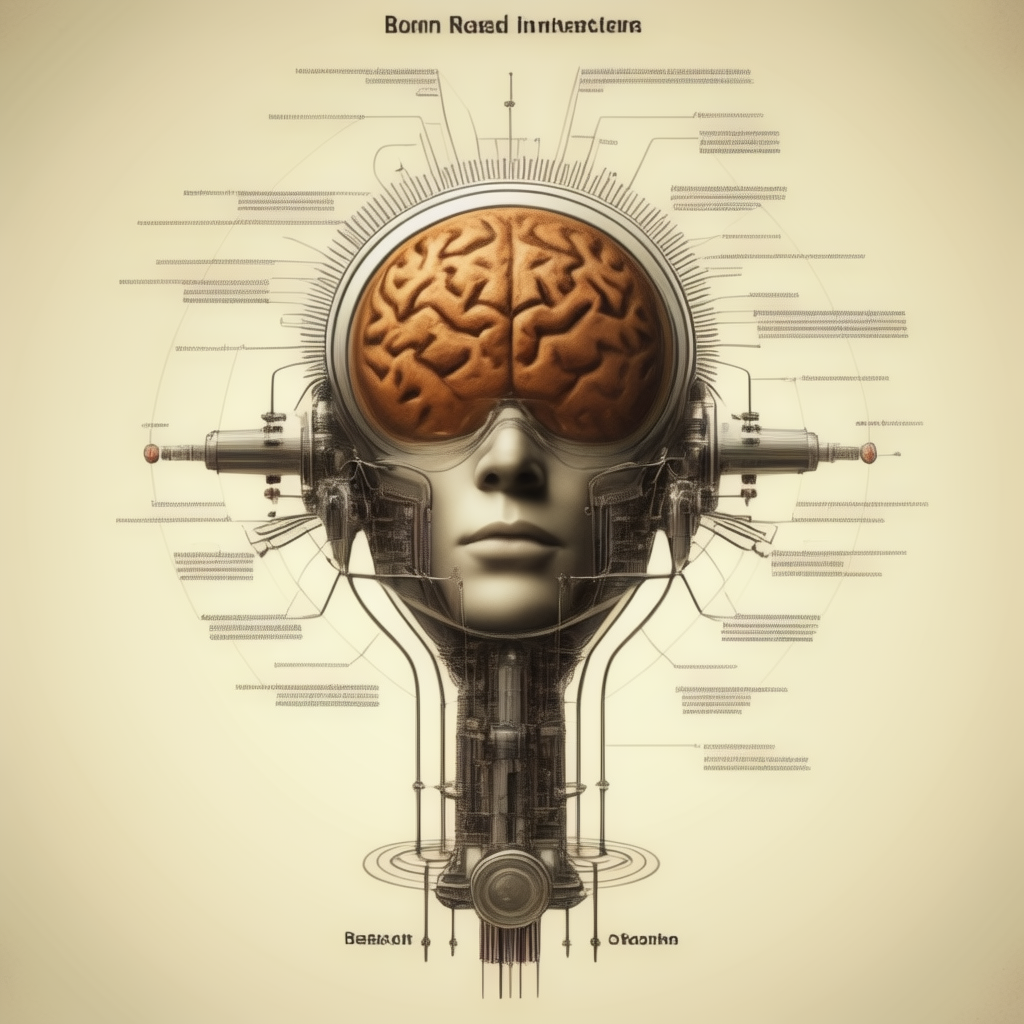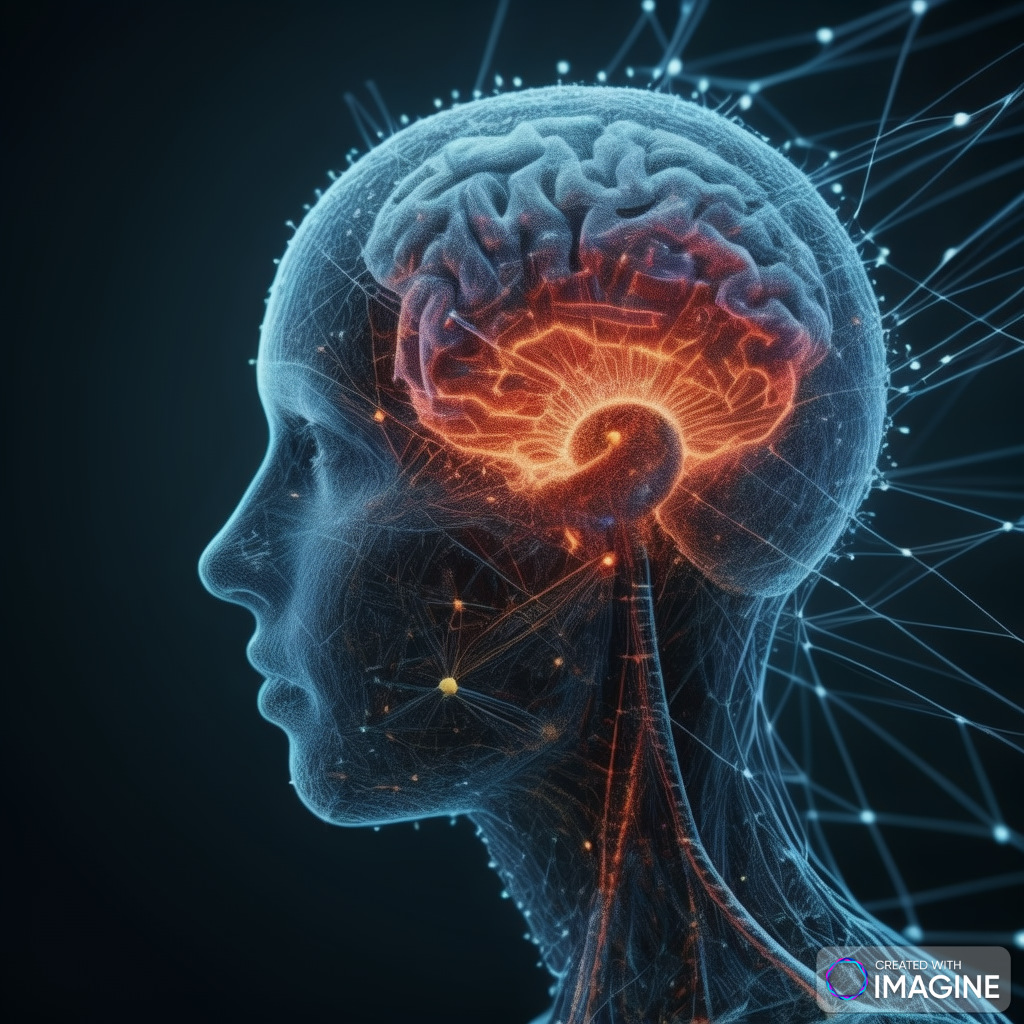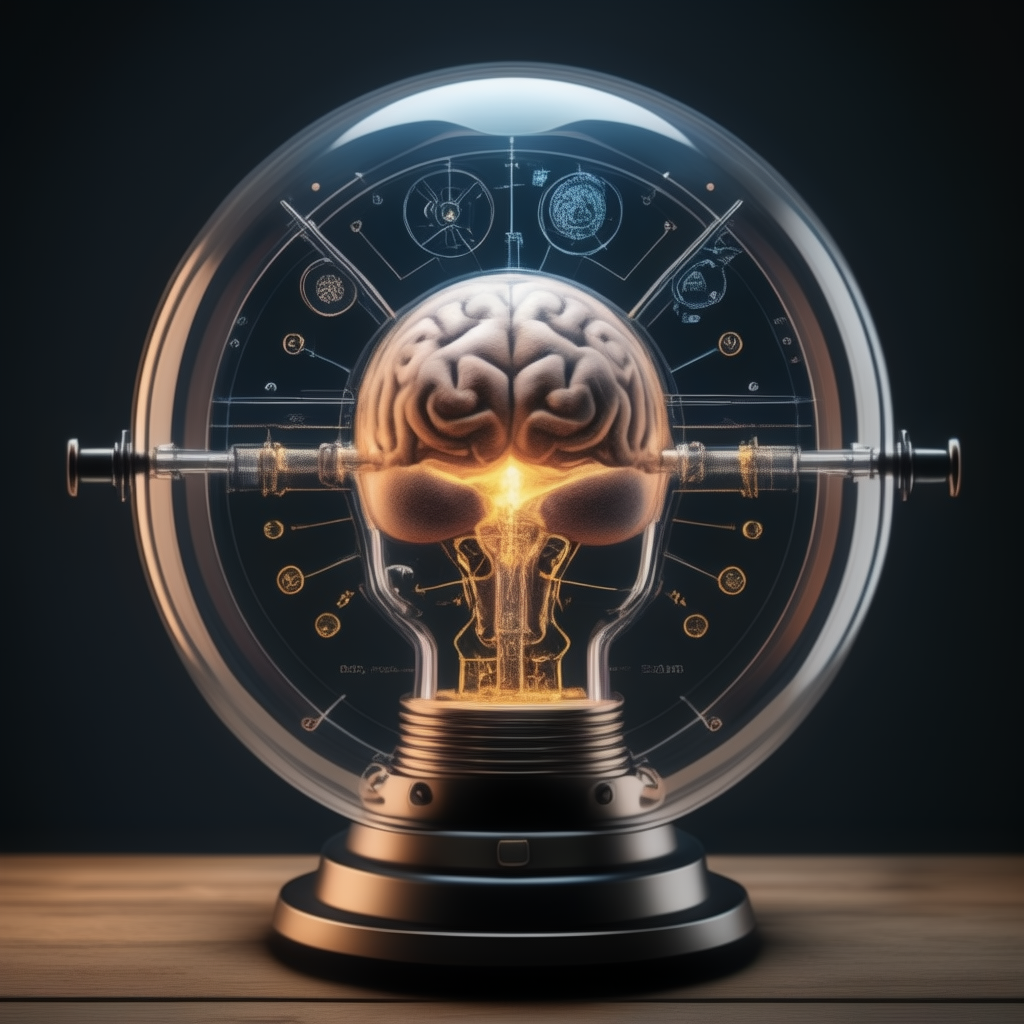Artificial intelligence (AI) has been a game-changer in the customer service industry. It has revolutionized the way businesses interact with their customers, providing them with a more personalized and efficient experience. In this blog post, we will explore the benefits and drawbacks of using  in customer service.
in customer service.
In the fast-paced world of business, customer service plays a pivotal role in shaping a company’s reputation and success. In recent years, a digital transformation has been sweeping across industries, and at the forefront of this revolution is Artificial Intelligence (AI). This blog post explores the multifaceted impact of AI in customer service, delving into the benefits, challenges, and the future outlook of this technological transformation.
The Rise of AI in Customer Service
1. Enhanced Efficiency
One of the primary benefits of incorporating AI into customer service is the remarkable increase in efficiency. AI-powered chatbots and virtual assistants can handle routine inquiries, leaving human agents to focus on more complex issues. This reduces response times and ensures that customers receive swift assistance, even outside regular business hours.
2. 24/7 Availability
AI doesn’t sleep, and this is a significant advantage for customer service. With AI, companies can provide support around the clock, catering to a global customer base without time zone restrictions. This 24/7 availability greatly enhances customer satisfaction and brand loyalty.
3. Personalized Experiences
AI’s data analysis capabilities allow it to gather and process customer information in real-time. This enables companies to offer highly personalized recommendations and solutions, making customers feel valued and understood.
4. Scalability
Scaling up or down to meet demand is often a logistical challenge for traditional customer service operations. AI systems can easily adapt to fluctuations in customer inquiries, ensuring consistent service quality during peak periods.
The Drawbacks and Challenges
1. Lack of Human Touch
While AI excels at many tasks, it still can’t replicate the empathetic and emotional connection that a human customer service representative can provide. Customers may feel a lack of personal touch when interacting solely with AI.
2. Complex Implementations
Integrating AI into an organization’s customer service infrastructure can be a complex process. It requires careful planning, significant resources, and expertise, which can be a barrier for smaller companies.
3. Data Privacy Concerns
AI systems depend on vast amounts of data to function effectively. This raises concerns about data privacy and security. Companies must handle customer data responsibly and transparently to build trust.
4. Limited Problem-Solving Abilities
AI is excellent at handling routine queries, but it can struggle with complex or unique problems that require human intuition and creativity. This can lead to customer frustration when  is unable to resolve an issue.
is unable to resolve an issue.
Here are some examples of how AI is transforming customer service:
- Chatbots: AI-powered chatbots can provide 24/7 customer support, handle multiple queries simultaneously, and provide personalized recommendations and solutions 1.
- Sentiment Analysis: AI can analyze customer feedback to identify patterns and trends, enabling businesses to improve their products and services 1.
- Voice Assistants: AI-powered voice assistants can provide hands-free customer support, enabling customers to get the help they need without having to type or click anything 2.
- Predictive Analytics: AI can analyze customer data to predict future behavior, enabling businesses to anticipate customer needs and provide proactive support 1.
- Visual Recognition: AI can analyze images and videos to identify products, enabling customers to get more information about the products they are interested in 2.
The Future of AI in Customer Service
AI in customer service is a continually evolving field. The future promises even more advanced capabilities, such as:
1. Natural Language Processing (NLP) using artificial intelligence
AI systems will become more adept at understanding and responding to natural language, making interactions with customers feel even more human.
2. Predictive Analytics using artificial intelligence
AI will use predictive analytics to anticipate customer needs, resolving issues before customers even realize they have them.
3. Augmented Customer Service Agents
AI will work alongside human agents, providing real-time information and suggestions, enhancing their problem-solving abilities.
4. Enhanced Data Security
As AI becomes more integrated into customer service, there will be a greater focus on data security, ensuring customer information is protected.
Conclusion
The digital transformation of customer service through AI is not without its challenges, but the benefits are undeniable. AI provides efficiency, 24/7 availability, and personalized experiences that can transform the way companies interact with their customers. As technology continues to advance, the potential for AI in customer service is boundless, making it a crucial aspect of modern business operations.
Incorporating AI into your customer service strategy can give your business a competitive edge and elevate the customer experience to new heights. Embracing this digital transformation is not just an option; it’s a necessity to thrive in today’s fast-paced, customer-centric landscape. So, whether you’re a seasoned industry leader or an emerging startup, AI in customer service is a transformation you can’t afford to ignore.
As we continue to witness the evolution of AI in customer service, we can anticipate even greater innovations and improvements on the horizon. So, stay tuned and be prepared to adapt and integrate AI into your customer service strategy for a brighter, more efficient future.







